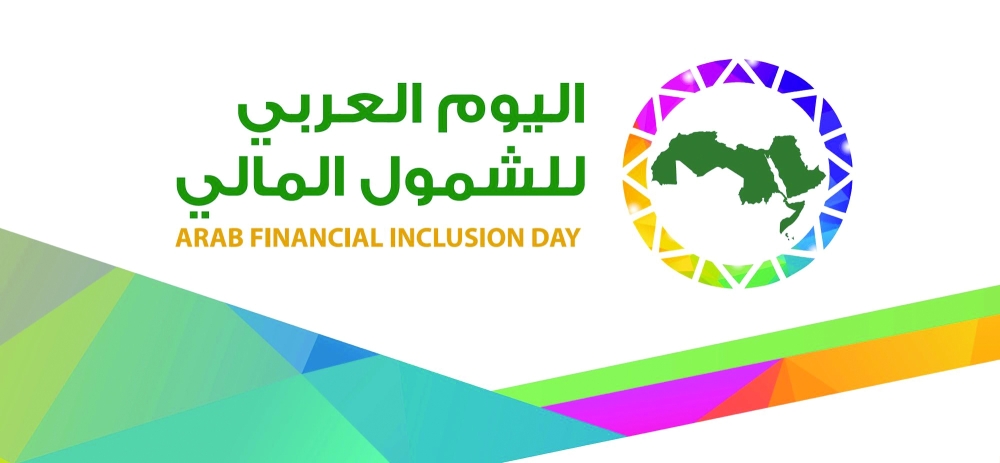

The issue of enhancing access to finance and financial services in the Arab countries is receiving growing attention from the Council of Arab Central Banks and Monetary Authorities' Governors, in recognition of the potential and significant opportunities that can be achieved by increasing financial inclusion to support inclusive and sustainable economic development, address unemployment challenges and achieve equality.
There is no doubt that enhancing financial inclusion plays an important role in supporting the efforts to address the impact of climate change, by enabling financial sector customers to deal with risks associated with climate change and enhancing their ability to recover from its effects, which in turn contributes to inclusive and sustainable development, thus leading to soundness and resilience of the financial sector.
In this context, it is worth noting that the need to adopt policies related to climate change within the framework of sustainability – in line with the United Nations 2030 Sustainable Development Goals (SDGs) and the guidelines of the Paris Agreement – is receiving increasing attention from the international community and regional and international financial institutions.
With these concerns in mind, the Council of Arab Central Banks and Monetary Authorities' Governors will mark the ‘Arab Day for Financial Inclusion’, which is held on April 27 every year, under the overarching theme of: "Increasing Financial Inclusion to Support the Efforts to Address the Climate Change Repercussions". In this regard, it has urged the financial and banking sector to take initiatives to enhance its ability to deal with climate-related shocks, raise awareness of climate change repercussions, and deepen consumer confidence in financial institutions to limit the negative effects of these changes in the Arab region.
“Arab central banks and monetary authorities are keen to support the efforts of the international community in expanding financing that integrates climate considerations and sustainable development in general. These efforts also support the implementation of the United Nations SDGs, which have a close connection with climate change issues, and reinforces the efforts of G20 that adopted financial inclusion as one of the main topics to achieve the SDGs and enhance financial stability,” the Governors said in a press statement.
Within the framework of its strategy, the Arab Monetary Fund (AMF) pays great attention to priority financial sector issues, especially the impact of climate change and support to green and sustainable finance, to support the efforts for inclusive and sustainable development and financial stability in the Arab countries.
In this regard, Arab central banks and monetary authorities have adopted the guiding principles issued by the AMF for "Central Banks to Address the Impact of Natural Disasters and Climate Change on Banking System and Financial Stability". The conference on "Supporting the Transition to a Circular Carbon Economy to Achieve Sustainable Development", organized by the AMF, supported the adoption of the circular carbon economy model, which considers environmental aspects as well as promoting sustainable economic growth by reducing carbon emissions.
In a related context, according to the AMF estimates, the issuances of the Arab countries of green bonds and sukuk related to sustainable activities, whether sovereign or private sector, amounted to $5.5 billion in 2022.
Oman Observer is now on the WhatsApp channel. Click here


